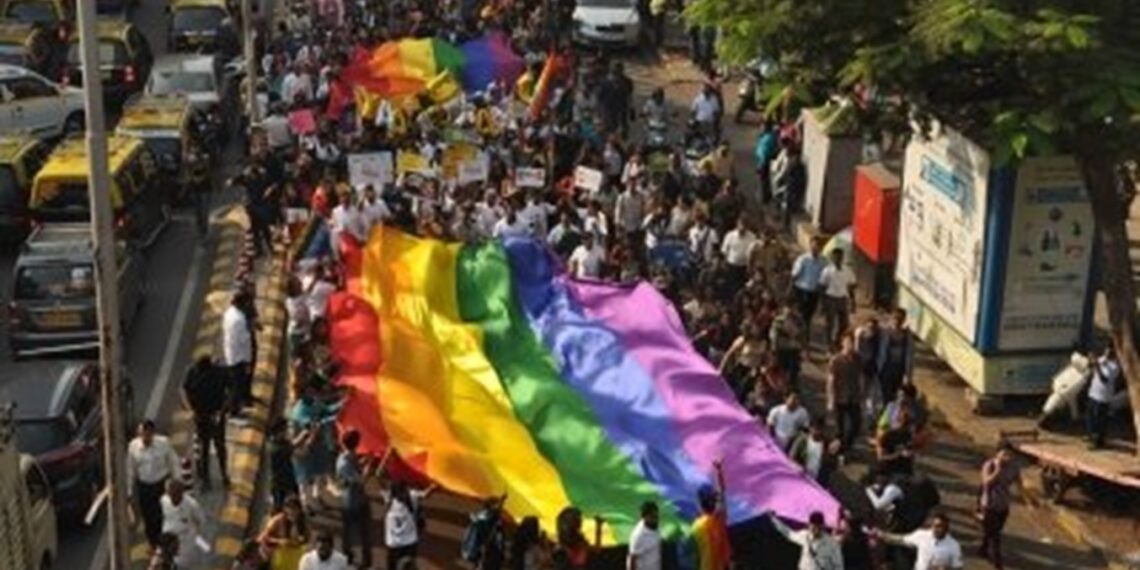The Centre has taken a significant step towards addressing the concerns of the queer community by forming a committee, in line with the Supreme Court’s directive issued six months ago.
Chaired by the Cabinet Secretary, the committee is tasked with scrutinising various issues affecting the queer populace, including legal recognition and entitlements.
Comprising six members, the committee includes secretaries from key ministries such as Home Affairs, Women and Child Development, Health and Family Welfare, Social Justice and Empowerment, and the Law Ministry.
The genesis of this development traces back to October 17, 2023, when a five-judge Constitution Bench of the Supreme Court, led by Chief Justice of India (CJI) D Y Chandrachud, rendered a verdict refraining from granting legal recognition to same-sex marriages.
However, in a notable minority opinion, the CJI and Justice Sanjay Kishan Kaul, acknowledged the civil unions, falling just short of full marital recognition.
This stance aimed at giving legal rights upon same-sex couples, underscoring the imperative need to mitigate systemic discrimination.
In line with the Supreme Court’s stance, the committee is tasked with defining the spectrum of rights available to queer couples in unions.
The Supreme Court listed important rights for queer couples, like being recognised as family for ration cards and having joint bank accounts.
It also stressed the need to address wider issues such as succession rights and financial benefits.
They aim to make sure everyone, regardless of sexual orientation or gender identity, has fair access to rights and benefits.
Interestingly, the committee’s announcement coincides with the launch of the Congress manifesto, wherein it pledges to introduce legislation acknowledging civil unions for queer individuals, following extensive consultations.
Though the committee’s terms of reference, revealed on Tuesday, don’t explicitly address the recognition of queer couples or partnerships, it holds the authority to address any pertinent issues it deems necessary.
The committee’s creation is a big step toward inclusivity, showing a commitment to uphold the rights of the queer community.















